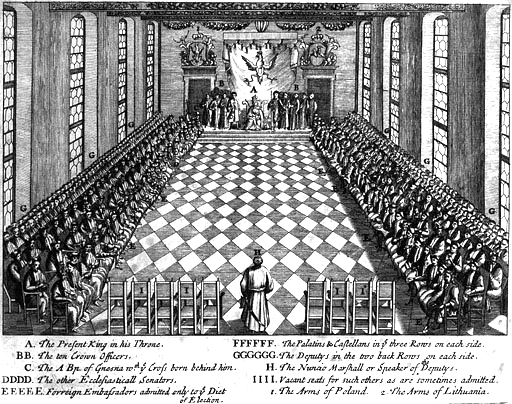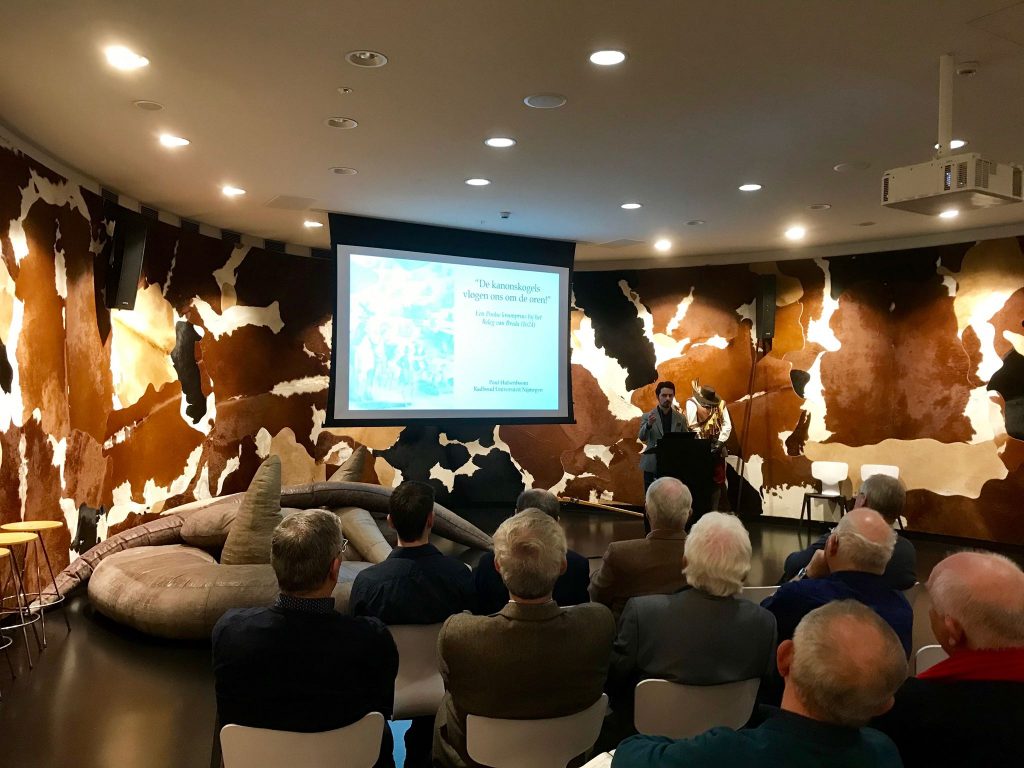
The current Dutch reactions to the developments surrounding brexit resemble eighteenth-century responses to the Polish-Lithuanian Commonwealth. Much like brexit, the Polish-Lithuanian state became associated with political chaos. Reactions ranged from disbelief and pity to outright mockery. In addition, Poland-Lithuania became viewed as being ‘ill’. By the end of the eighteenth century, a disorderly situation could be called ‘een Poolse landdag’, i.e. a meeting of the Polish Sejm. These negative perceptions partly legitimised the eventual partitions of the country, which vanished from the map of Europe in 1795.
For Over de Muur, I wrote a more in-depth analysis of the similarities between the responses to brexit and to eighteenth-century Poland-Lithuania.

